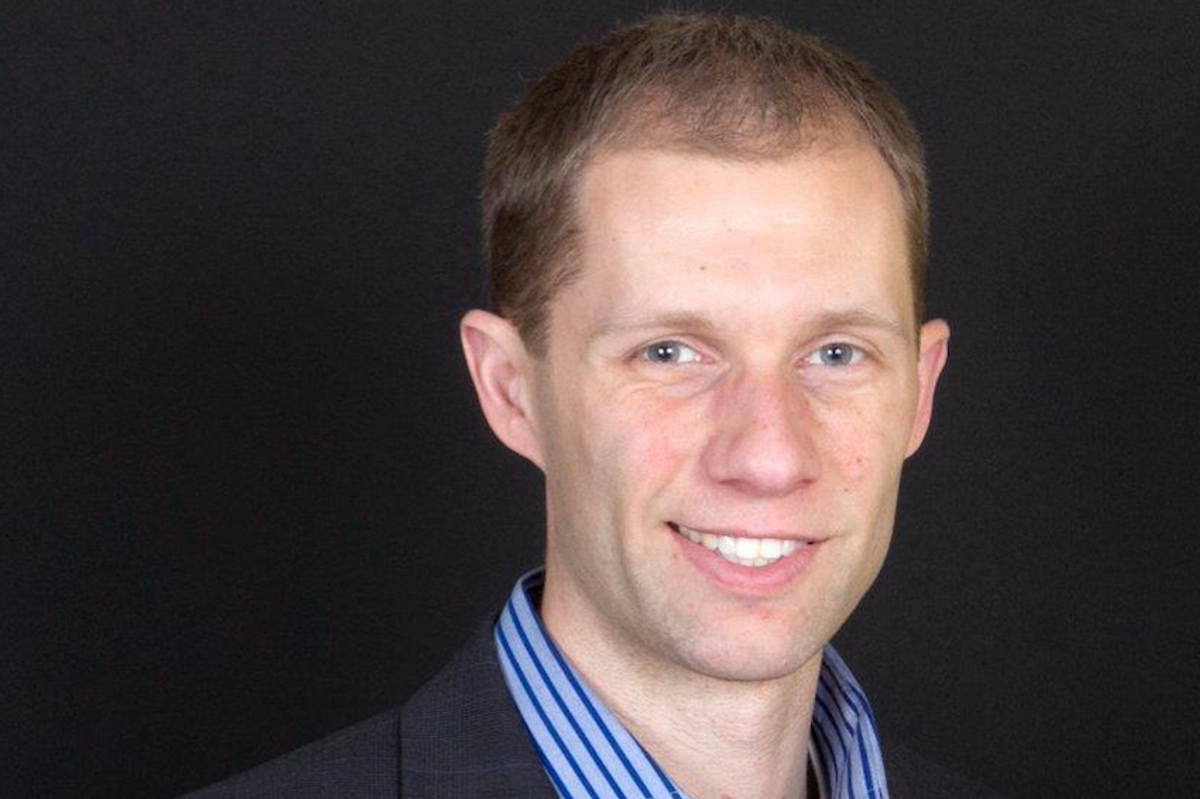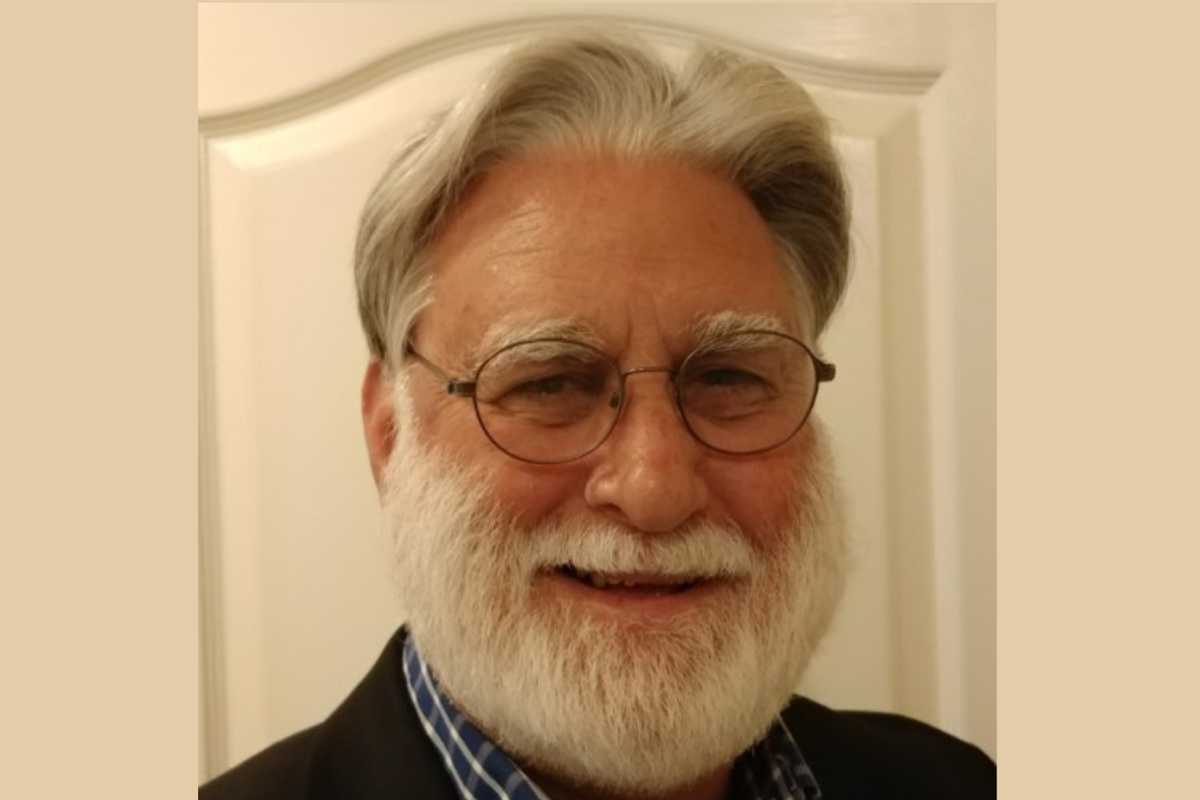Houston-based medical device company Saranas has tapped a veteran of the healthcare industry as its new CEO.
Mike MacKinnon most recently was president and partner at Madison Ventures +, a private equity firm based in Greenwood Village, Colorado. The firm invests in companies in healthcare, real estate, finance, and other sectors.
Before joining Madison Ventures +, MacKinnon was CEO of Zidan Medical, a startup focused on treatment of airway lesions in patients with early stage lung cancer. He served in that role from 2019 to 2023.
Earlier, he was CEO of ROX Medical, a medical device company specializing in minimally invasive vascular therapy for patients with uncontrolled high blood pressure. He held that role from 2018 to 2019. He previously worked at Philips North America, Volcano, AtheroMed, Hansen Medical, Access Closure, and FoxHollow Technologies.
In a news release, Dan Wolterman, chairman of Saranas’ board and former president and CEO of Memorial Hermann Health System, calls MacKinnon “an accomplished executive with an impressive record of bringing disruptive technology to market, guiding strategy, and driving significant growth.”
Now president and CEO of Nashua, New Hampshire-based medical device company Conformal Medical, James Reinstein was president and CEO of Saranas from 2020 to 2022. Prior to Reinstein, Zaffer Syed held that position from 2017 to 2020. He's still an adviser for the company and recently announced his role as entrepreneur in residence at the Texas Medical Center.
Saranas is working on commercializing its Early Bird Bleed Monitoring System, touted as the first and only system FDA-approved bleeding detection system for procedures involving blood vessels. It is designed to detect bleeds early, enabling physicians to reduce medical risks and potentially avoid costly medical problems.
“Bleeding remains a common issue during and after endovascular procedures and can result in life-threatening complications,” says MacKinnon.
Since being founded in 2013, Saranas has treated over 1,200 patients with its device and has received $29.2 million in funding, according to Crunchbase. This includes a $12.8 million Series B round that Saranas got in 2021 from Chicago-based Baird Capital and Austin-based S3 Ventures.
The Early Bird device was developed at Houston’s Texas Heart Institute. The FDA approved the device in 2019.







